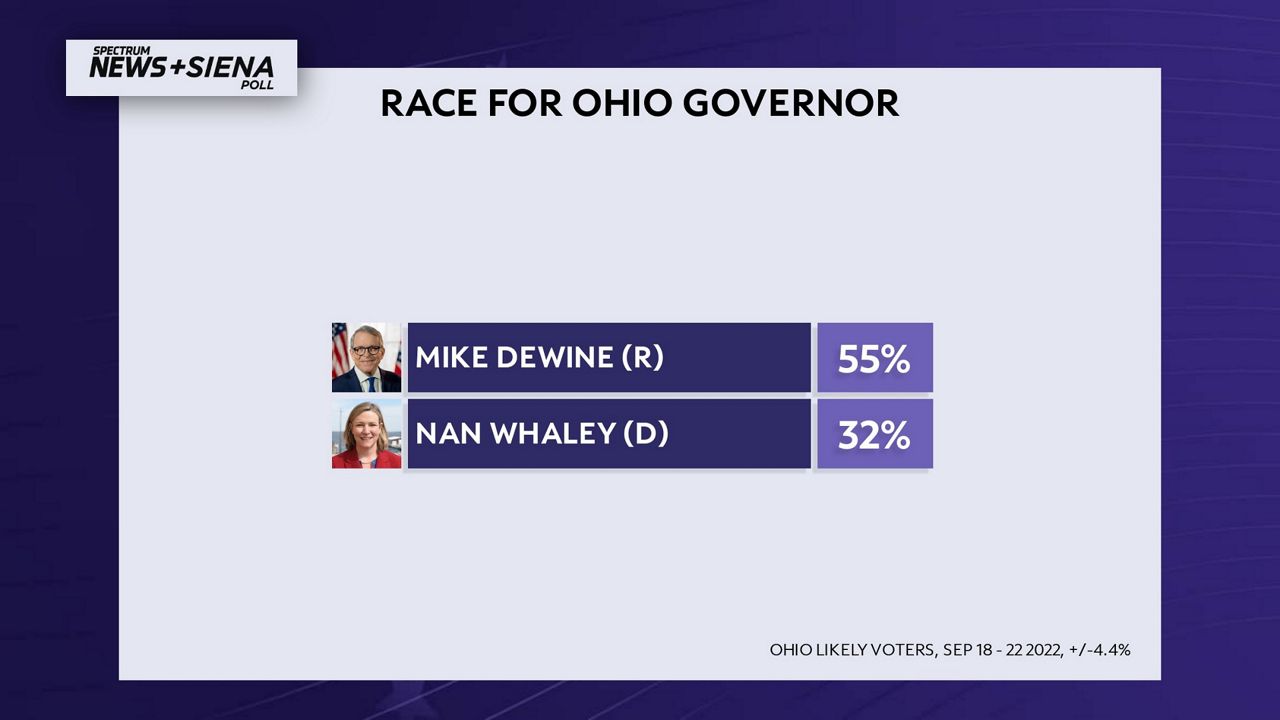CLEVELAND — Earlier this year, President Joe Biden issued a proclamation that pardons federal convictions for simple marijuana possession.
But the proclamation doesn’t affect state and local convictions, so the president asked local leaders to look at their laws.
Cleveland Mayor Justin Bibb wants to help those with misdemeanor marijuana charges clear their names.
“These misdemeanor marijuana offenses in many ways serve as a roadblock for folks to get access to financial aid, to go to college, for folks to get access to good quality housing, for folks to get access to a good quality job,” Bibb said. “And so we, as a city, must do everything we can to eliminate those barriers.”
But efforts to expunge misdemeanor marijuana charges hit a legal speed bump here in Ohio, where the law requires individuals to submit for themselves. Bibb said his office is now doing what it can to help people help themselves.
“We’re talking to activists, talking to faith-based leaders, to make sure we spread the word that you can get your misdemeanor marijuana offense expunged,” he said. “You can get your record clean and get that second chance you deserve.”
In 2020, the Cleveland City Council passed legislation that dropped the penalty for a misdemeanor marijuana conviction to eliminate jail time and fines.
“We’re working with grassroots organizations to make sure that all of our residents who are applicable to address this issue know that they can get their case expunged,” Bibb said.
Chief Prosecutor Aqueelah Jordan said the process to file is easier than most think. It’s all about taking that first step.
“Someone can either get an attorney working with them pro bono or retain the attorney themselves, and the attorney will complete the entire process for them,” Jordan said.
If unable to get an attorney, Jordan also said individuals can start this process themselves.
“There is a form that they can pick up from the clerk of court’s website that you simply complete the form,” Jordan said. “You can do it right at the clerk’s office desk and turn it back in.”
Once you submit it, Jordan said, the court takes over, and it’s like you’re working directly with the court.
Both Jordan and Bibb agree that conversations around this topic are far from over.
“While we have vacated nearly 830 pending cases already, which is a huge step in the right direction, we are already in conversations with our state legislature and members of our federal delegation in Washington, D.C. to make sure that people have a pathway to a second chance,” Bibb said.
Editor’s Note: A previous version of this story misspelled Aqueelah Jordan’s name. It was edited to the correct spelling. (11/14/2022)




